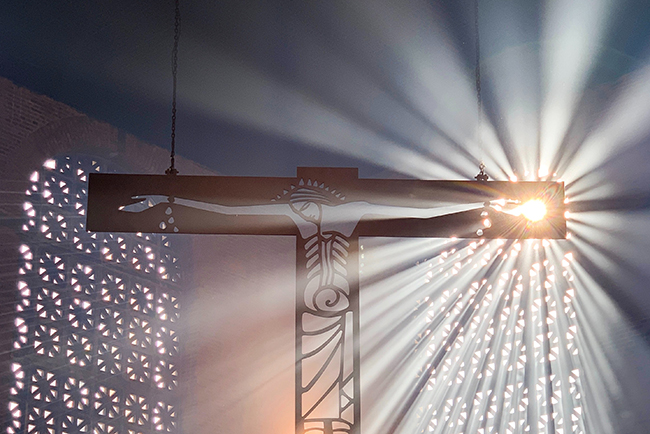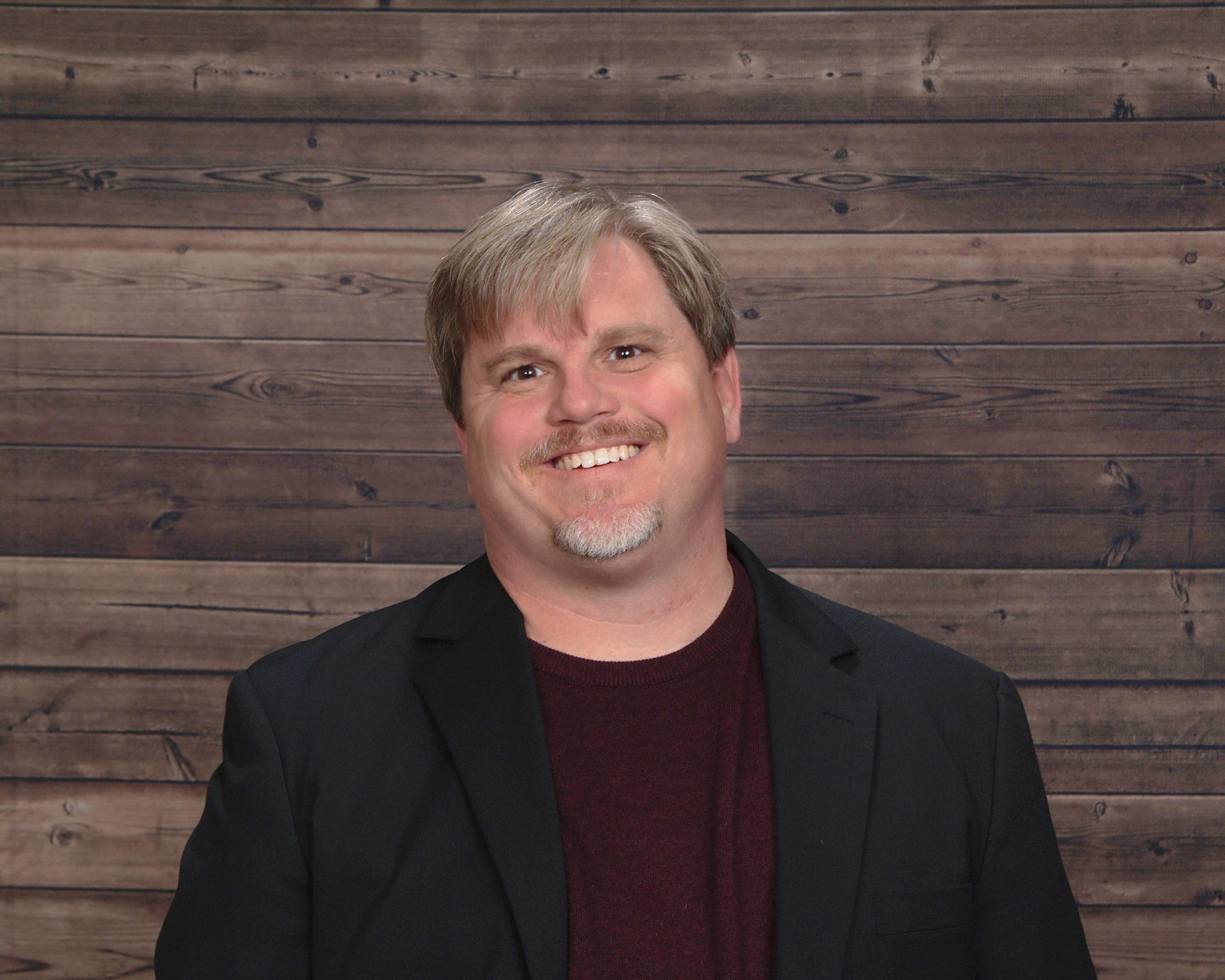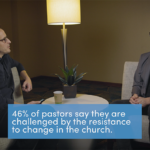
Despite their relative obscurity to many leaders, new religious groups are growing throughout the United States. Is your church prepared?
By Tobin Perry
In 170 years of the city’s existence, Dallas churches have sent missionaries to every inhabited continent on earth to plant new congregations and spread the gospel. Some of North America’s largest and most fruitful churches sit in the Dallas metroplex.
But in the past two decades, the city has also become a missionary-receiving hub for a new 70-year-old religious movement with big goals in Dallas and throughout the United States. According to the organization’s website, the Redeemed Christian Church of God has more than 800 parishes in North America.
Shortly after breaking ground on a massive 700-acre property near Dallas a few years ago, the church’s leaders shared a vision of planting churches every 10 miles throughout North America.
“Because heaven is real, God is real,” Pastor James Fadele, a member of the North America branch’s executive council, told the British Broadcasting Corporation in 2013. “And that is why we want to plant churches like Starbucks.”
Many evangelicals would applaud a goal to plant enough churches that they are as common as Starbucks. For a church with over 23,000 congregations in Nigeria and congregations in 165 countries in less than a century of existence, it’s no idle commitment, either.
Yet most Americans know little about this new religious group with big ambitions.
In the past four decades, the share of the U.S. population who are immigrants has climbed to 13.7%, nearly four times its 1965 level. As new populations, particularly from Asia, Africa, and South America, have arrived on American soil, they’ve brought with them new religious beliefs, such as those espoused by Nigeria’s Redeemed Christian Church of God, with unique challenges to American evangelicals. Though they share many commonalities with evangelicals—from terminology and goals to adherence to traditional family values—their theology isn’t always as it seems.
Though many religious groups coming to the U.S. share many commonalities with evangelicals—from terminology and goals to adherence to traditional family values—their theology isn’t always as it seems. Click To TweetA number of these new groups began as orthodox Christian groups, but over time have strayed from those beliefs. Because of their newness, many of these emerging groups don’t fit easily into old categories. Despite beliefs that have become quite unorthodox by historical Christian standards, religious researchers often lump them in with the larger Protestant community.
“Most academics don’t know they exist to be quite frank,” said George Melton, a professor of American Religious History at Baylor University in Waco, Texas. “We’ve got 1,200 denominations in America now, and most of them, no one has ever written anything about. The religious census, it’s going on right now. That takes place every 10 years. They survey 350 denominations. That’s less than a third of all of them. Since the beginning of the century, these new groups have been coming in and there’s really no one out there who has been keeping up with them and even cataloging them, much less letting the rest of us know about them.”
Despite their relative obscurity to social scientists, these new religious groups are growing throughout the United States. Melton, who is a pioneering academic in the field of new religions studies, notes the groups differ significantly from one another, but they share a few similarities.
“They have an orthodox base,” Melton said. “Their Christology is fairly orthodox, but they build on to it, the ‘prosperity gospel edition,’ which kind of refocuses people toward self-improvement. It redirects the way they live their Christian life and what they go after.”
Who are these groups?
Melton specifically mentioned five groups—La Luz del Mundo, the Redeemed Christian Church of God, the Local Church, the Universal Church of the Kingdom of God, and Iglesia Ni Cristo—that have Christian origins but have strayed from orthodox Christianity, either doctrinally or in practice. Those five aren’t the only new groups, and there isn’t consensus that they are outside of orthodoxy.
For example, Watchman Nee started the Local Church in China in the 1920s, but its spread came from Witness Lee who moved first to Taiwan and then to Los Angeles after China’s Cultural Revolution. By the 1970s, accusations of serious theological error—such as teaching non-Trinitarianism and the divinity of man—along with cult-like behaviors were widespread. As the name suggests, the Local Church also teaches that only one biblical church can exist in a local community. By the early 2000s, some evangelicals, including leaders at the Fuller Theological Seminary and the Christian Research Journal, have reevaluated the group and now affirm them as orthodox.
Evangelicals have found more consensus about other groups. Eusebio Joaquín Gonzalez founded La Luz del Mundo (Light of the World Church) in Guadalajara, Mexico, in 1926. The group believes Gonzalez was the first apostle since the death of John in the first century. Today his 50-year-old grandson, Naason Joaquin Garcia, leads the church from a California jail cell, where he awaits trial on sexual abuse charges. Garcia, called the Apostle, is a pope-like figure for the movement.
Five groups growing in the U.S. —La Luz del Mundo, the Redeemed Christian Church of God, the Local Church, the Universal Church of the Kingdom of God, and Iglesia Ni Cristo—should be on the radar of evangelical church leaders. Click To TweetNon-trinitarian in its theology, the church teaches that Jesus is the son of God but not God Himself (and not God, the son). They believe that La Luz del Mundo is the only true church in the world. The group claims to have more than a million adherents worldwide.
Nigeria’s Redeemed Christian Church of God may be the fastest growing of the groups. According to its website, the church has 5,000 local parishes in Nigeria alone. In 2013, Fadele told National Public Radio that the church was adding 100 churches a year in North America. Neo-Pentecostal in its theology, the church emphasizes faith healing and the miraculous. They also have elements of prosperity gospel teaching within it and teaching tied to the Word of Faith movement.
The Universal Church of the Kingdom of God originated in Brazil and is now the country’s second-largest Protestant denomination. Led by billionaire Edir Macedo, the church has been charged with a variety of cult-like behavior and corruption. Although they describe themselves on their website as Trinitarian, Melton doesn’t believe the church uses the term in a way consistent with traditional Christianity.
Iglesia Ni Cristo began in the Philippines in the early 20th century. Like the other groups already mentioned, they have a strong authoritative leader. They also reportedly reject the divinity of Christ and historical formulations of the Trinity.
Discerning orthodoxy among new religious groups
Melton urges churches to learn what these new religious groups believe before engaging with them.
That’s why, he asserts, it’s important to understand the background of the groups, but this work involves more than the simple explanation of beliefs from adherents. Often, they use the same words for theological concepts as orthodox Christians, but they have vastly different meanings.
Melton also says prophet-like figures in these groups often lead them into old heresies of the 4th and 5th centuries, namely Arianism and Modalism. Arianism was a heresy that denied the divinity of Christ. Modalism denies the orthodox understanding of the Trinity.
Sometimes the issues are not something a person would notice by looking at doctrinal statements or listening to sermons. Melton divides the most successful of these new religious groups into two broad categories. Neo-Pentecostal prosperity theology, which has been influential in western and southern Africa, emphasizes wealth and will often tie giving to spiritual and material blessings. The other category, according to Melton, are groups that have been influenced by the New Apostolic Reformation, which emphasizes continuous revelation from modern-day prophets, experience over scripture, and mysticism.
Travis Kerns tells Christians who are trying to discern whether a group is orthodox to know the Bible well.
You need to know Christianity through and through and know the Bible as well as one could possibly know it to be able to spot the fake as soon as you see it. — @TravisKerns Click To Tweet“First and foremost, [you need] to know Christianity through and through, to know the Bible as well as one could possibly know it, to be able to spot the fake as soon as you see it,” said Kerns, who serves as an associate professor of apologetics and world religions at Southwestern Baptist Theological Seminary in Fort Worth, Texas.
Kerns then described four questions at the heart of discovering the orthodoxy of another person or group.
- What is your understanding of God?
- What is your understanding of Jesus?
- What is your understanding of Scripture?
- What is your understanding of salvation?
“Usually, they are going to differentiate themselves on some issue of doctrine, as it regards either the doctrine of God proper, or the doctrine of the Trinity, the deity of Christ, the personhood of the Holy Spirit. Things like that usually are the big red flags,” Kerns said.
What are the most popular theological heresies among evangelicals?
Sometimes church leaders can find that information on the organization’s website, but ideally, they will go to a person in the group and ask the questions personally. Pastors can often have these conversations by directly engaging the other group’s clergy in a friendly manner.
Kerns also recommends digging deeper into what people believe about Scripture, specifically whether they believe it is authoritative and sufficient or whether they accept continuing revelation. Kerns believes continuing revelation is problematic because it undercuts biblical authority. It can also initiate questions about who is the proper revealer of revelation. Usually, contradictory revelations emerge.
“Each group believes itself to be the proper restoration of the New Testament church and all of the others to be wrong, even heretical,” Kerns added. “Discerning the proper group to join is merely a matter of which continuing revelation, or revelations, one chooses to believe.”
On salvation, he urges Christians to confirm whether adherents believe salvation comes by grace through faith or if a person needs to attain something else to get saved.
Engaging new religious groups with gospel
Melton believes it’s important to understand these groups because of their growing population throughout North America.
“If Christians are going to interact with them, they need to become aware of exactly what they’re teaching,” Melton said. “There’s no easy route to dealing with the groups, because they’re coming from all kinds of different places. It’s good to be able to distinguish between them.”
As these new religious groups arrive on American soil, they also bring with them evangelistic opportunities for churches. Kerns says he uses the same evangelistic method for sharing Christ with new religious groups as more traditional non-Christian groups, such as Muslims and Buddhists.
“I want to listen to what the person is saying,” Kerns said. “If I know anything about that faith tradition, then I’ve already got an advantage. I want to listen to what the person’s saying carefully, and then address my gospel presentation in a way that meets the needs of that person.”
The only thing that can convince someone that Christianity is true is the regenerating power of the Holy Spirit through the preached word of Christ. — @TravisKerns Click To TweetThat doesn’t mean he shrinks from a full gospel presentation, he says, but he focuses on specific areas of concern. For example, if he were sharing Christ with a person involved in a prosperity gospel situation, he’d talk about Jesus’ birth in a manger and some of Paul’s writings about persecutions and trials he faced in his ministry.
“I’m a very, very strong believer that, as Paul mentions in Romans 1, the gospel is the power of God for salvation,” Kerns said. “There is no human argument you can give, no amount of reason you can offer, that will cause somebody to become converted or become convinced that Christianity is true. The only thing that can do that is the regenerating power of the Holy Spirit through the preached word of Christ.”












